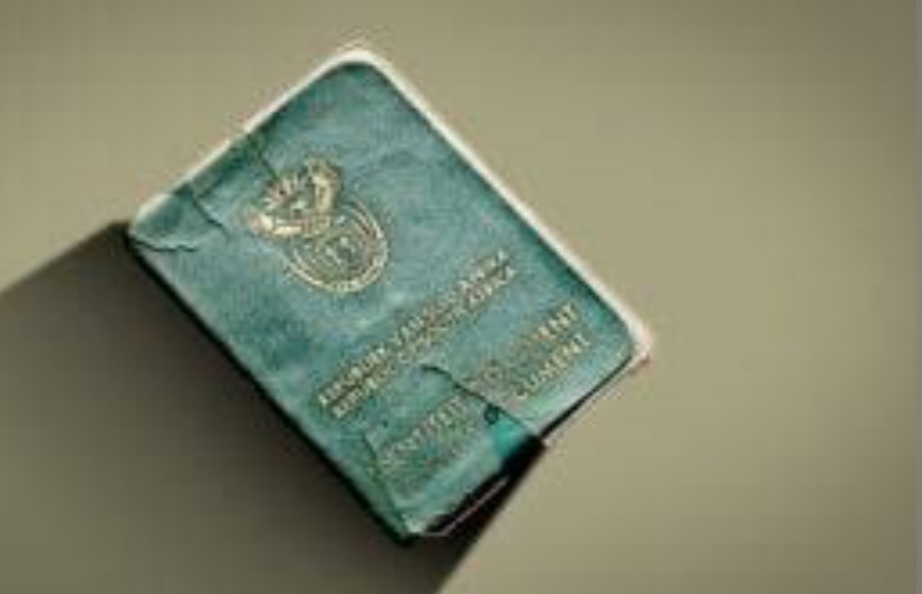The Johannesburg High Court has ruled that it cannot compel City of Johannesburg and City Power to continue supplying electricity to a residential block of flats in Hillbrow, which had for years, illegally connected itself to the grid. In his judgment, Judge Bashier Vally said that City should not be forced to sell electricity to residents who have effectively stolen it in the past.
The owners of the property that houses more than 200 residents have since 2012 been taking City Power to court trying to stop them from disconnecting their electricity. The property owes the City more than R2.9 million, which has accumulated over the years. The property owner submitted payment records to the court as evidence showing that they had missed a lot of monthly payments. In one of the months, their records reveal they only paid just over R1 900 for electricity for the entire block of flats and failed to explain to court how 208 tenants managed to use only R15 of electricity every month over the years. "Even if we assume that the tenants constitute the total number of people living in the building, a completely unrealistic assumption, given that it is a large building consisting of many flats and the tenancy relates to the flat not the persons occupying the flat, it would mean that the average monthly electricity consumption of each person costs a paltry R14.74 according to the respondents' records and R15.01 according to the applicant's records. On either version the amount of electricity consumed by the occupants of the building is wholly unrealistic. This evidence demonstrates that the respondents' claim that an illegal connection was discovered at the property is certainly not far-fetched or unrealistic," Judge Vally said. "The court should not encourage a breakdown in the rule of law which, in my view would be doing if it were to overlook the conduct of the applicant who is 39 Van Der Merwe Street in Hillbrow and compel the respondents to provide electricity to it," the court ruled.
The court agreed with City of Johannesburg that the electricity meter had been tampered with. The judgment also found that interim interdicts are capable of being, have been, and continue to be abused by the party that succeeds in securing or resisting one. City of Johannesburg spokesperson Nkosana Lekotjolo said that they were pleased with the judgment. "The city is pleased with the judgment as the city has noticed that over the years, many defaulters were often ready to run to the courts to interdict the city from cutting off their services. After obtaining these interdicts, they would often want to prolong them and not pay the city at all in the meantime until the matter is settled," said Lekotjolo. The applicant's urgent court intervention was dismissed with costs. "A lot of debt owed to the city is due to illegal connection of services by businesses, residents and big organisations, which needs to be recovered. The city's current debtor's book is sitting at close to R48 billion, for rates and taxes, sewer, electricity, and water, which is unsustainable," said Lekotjolo.







